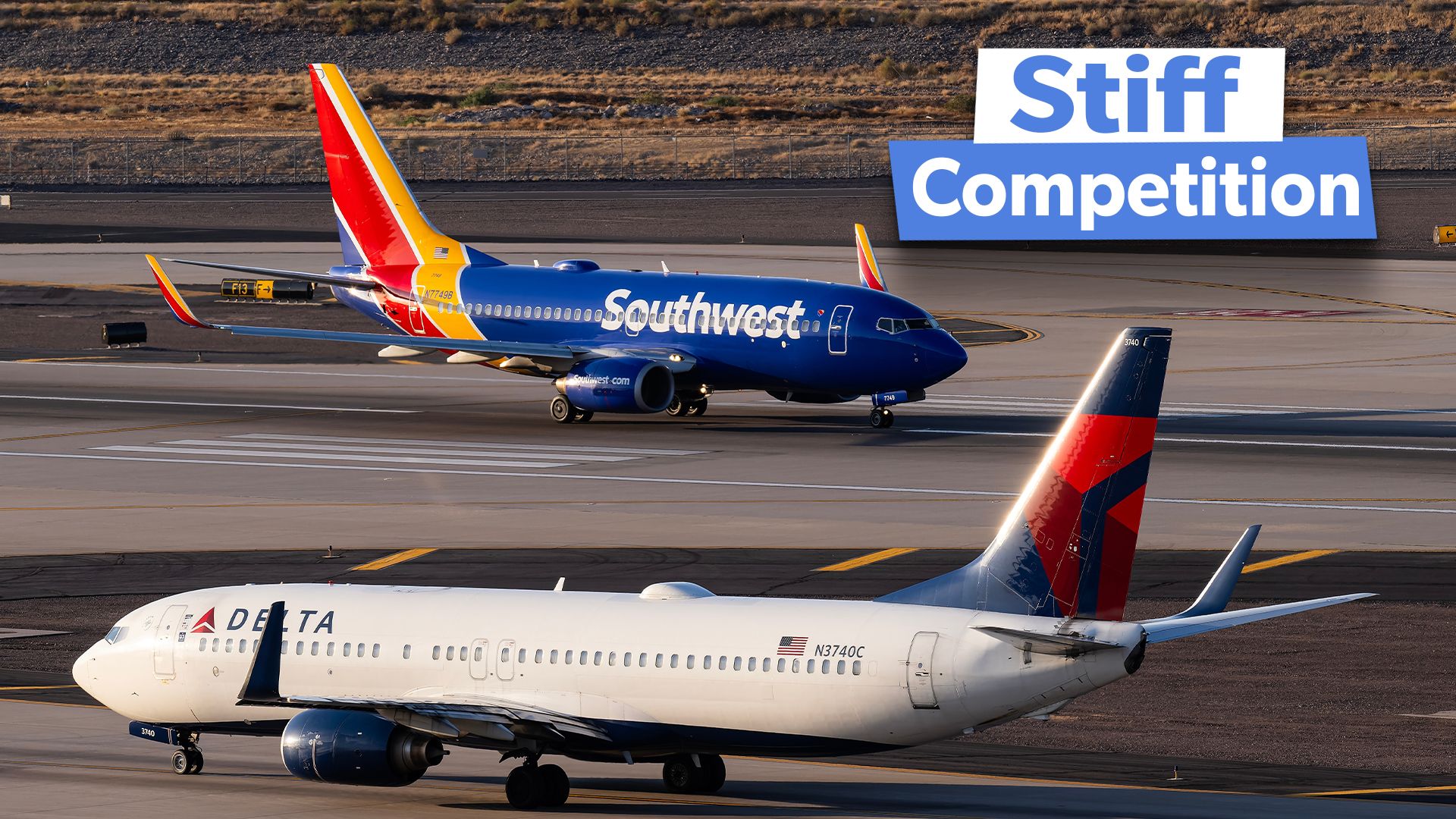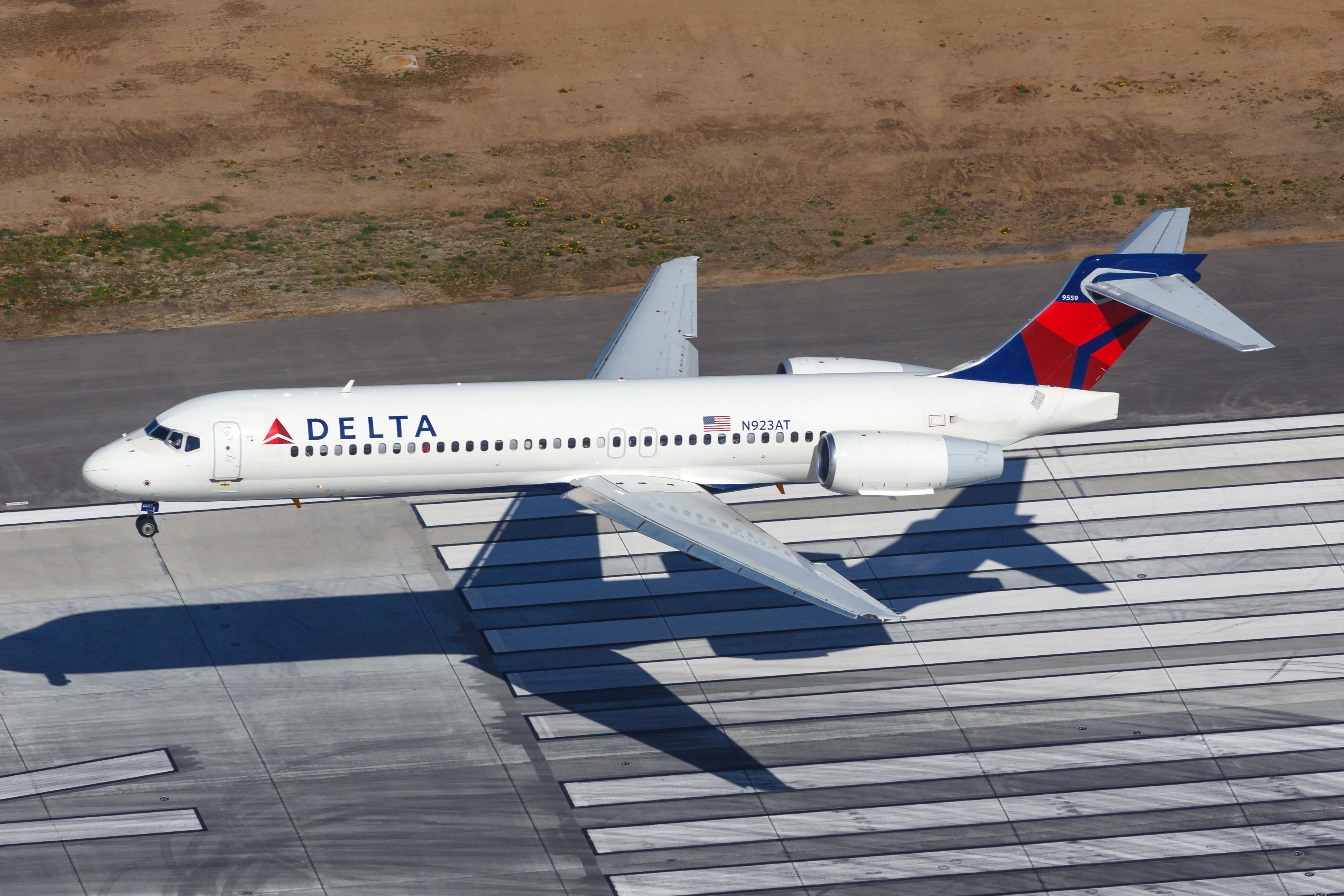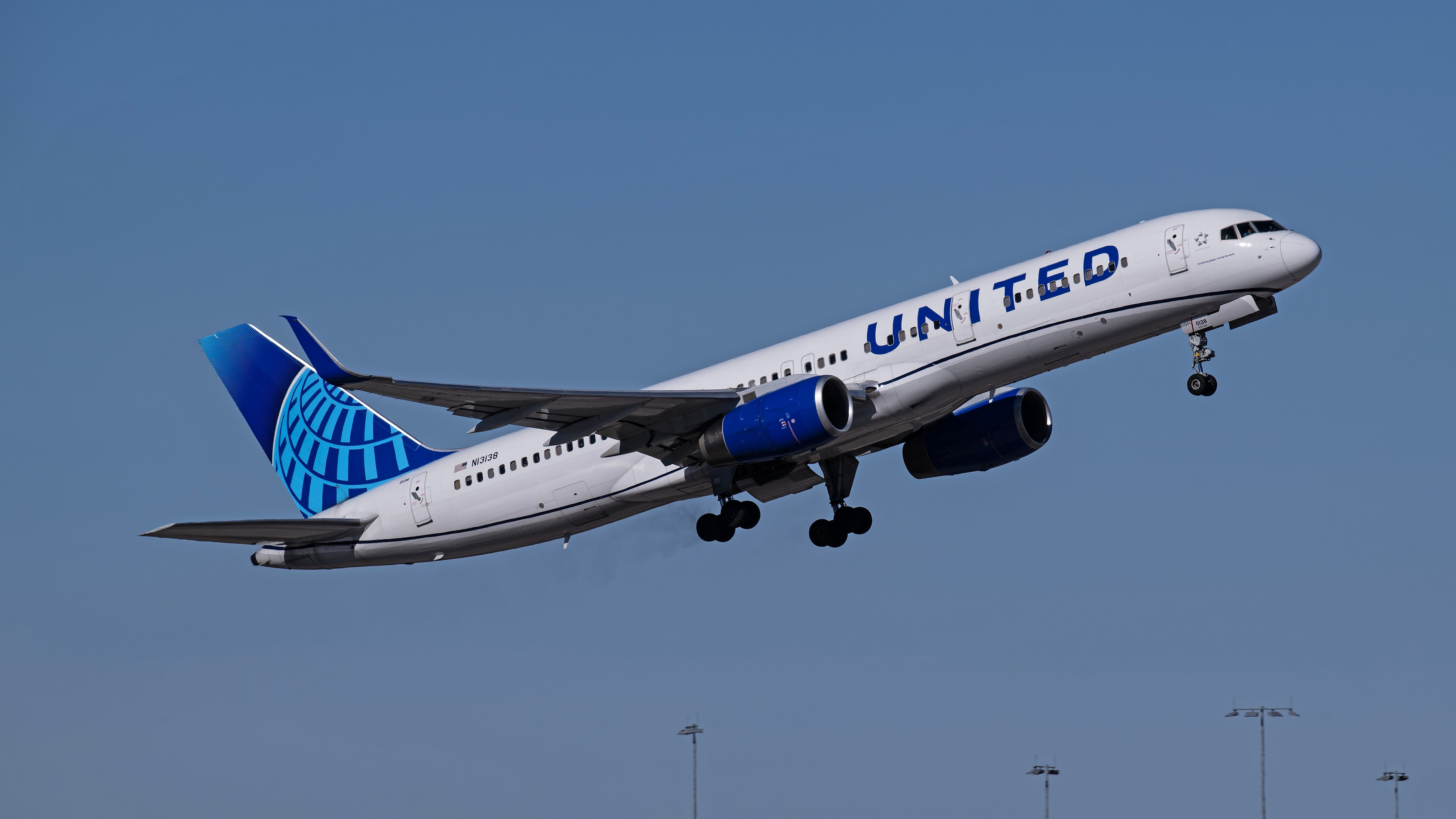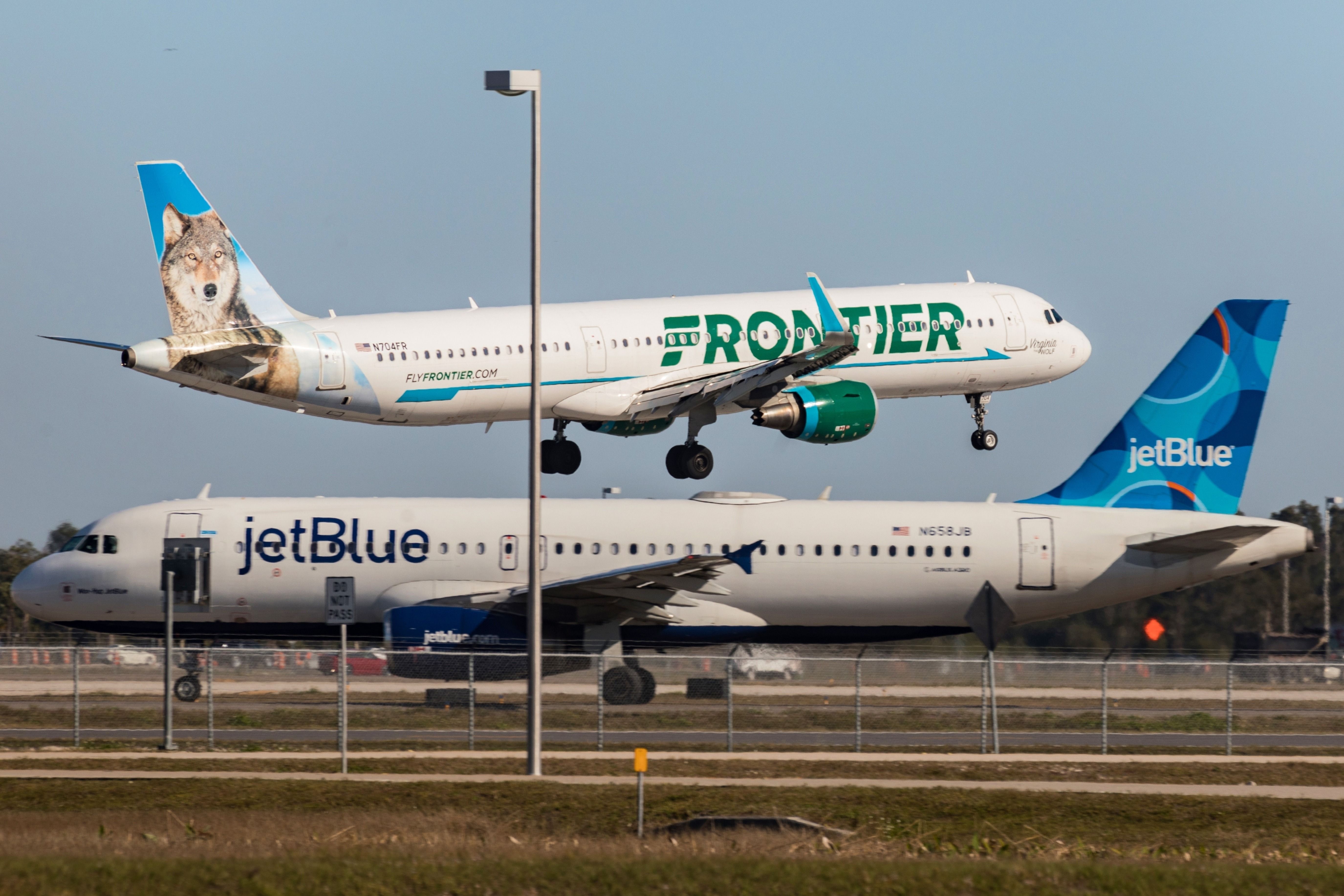In the first two decades of the 21st century, low-cost airlines in the United States began to rise to prominence, capturing significant portions of the market by undercutting legacy airlines on ticket prices and opening up travel to an entirely new demographic. With $50 fares from the Northeast to Florida courtesy of Spirit Airlines
and JetBlue, Americans began to travel more than ever, making regular trips between cities to visit friends and relatives while also flying for more and more vacations than ever before.
As a result, a large portion of non-business travel is now being done on budget airlines, some of which even created well-regarded loyalty programs and began offering nice perks like free Wi-Fi (in the case of JetBlue) and free checked bags (in the case of Southwest Airlines). It had become painfully clear that legacy carriers were missing out on these potential sources of revenue, and, as a result, United, Delta, and American quickly began to identify new ways to recapture these leisure travel market segments.
Initially, airlines like United Airlines attempted to focus mostly on capturing demand from premium travelers, doubling down on markets where airlines like Spirit, JetBlue, and Southwest were unable to compete. United, alongside the other legacy carriers, began introducing new premium products like premium economy, and further improved their business class offerings and ultra-exclusive lounges.

In the years following the pandemic, business travel demand plummeted
Following the COVID-19 pandemic, the new world of remote work and Zoom meetings shifted businesses away from sending their employees across the country for work, at least with the frequency they previously did. This posed a serious challenge for legacy airlines, which had historically driven the vast majority of their profits from just a handful of high-volume business travelers who regularly paid for seats in premium cabins.
Photo: Markus Mainka | Shutterstock
As a result, airlines like United and Delta began to introduce new kinds of tickets, ones which would target customers who were looking to fly an airline that offered a higher quality of service but were typically being lured away by the lower fares on offer from low-cost airlines. Thus, the introduction of basic economy fares, which was already starting to occur in the last few years leading up to the pandemic, became widespread by the time the summer of 2022 came around, during which leisure travel broke records.
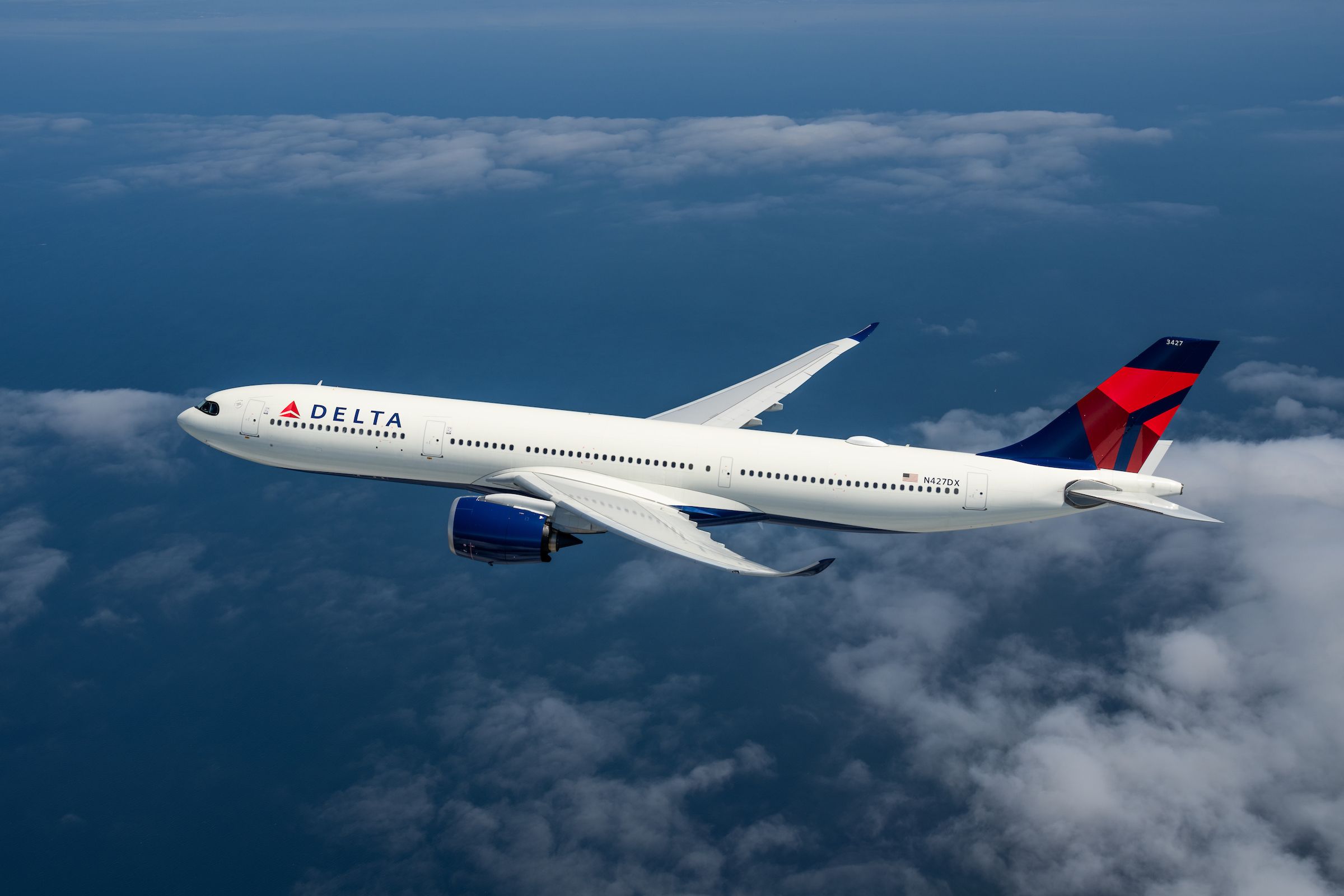
Related
Delta Air Lines Introduces Business Travel Loyalty Program With Perks For Remote Workers
Freelancers and small business owners who travel for work can take advantage of a new offering from Delta Air Lines to earn extra SkyMiles.
According to Forbes, Delta Air Lines was the first to offer basic economy fares, which provided a lower price in exchange for several restrictions regarding how and when passengers could fly. For example, these tickets included all the following restrictions:
- Seats will be assigned at the gate
- Passengers are only allowed one personal item (no carry-ons)
- Passengers are not offered ticket changes or refunds
- Passengers in basic economy will often be the last to board the plane
- Those flying on basic economy will not be able to earn frequent flier miles
Photo: Robin Guess | Shutterstock
Some even launched more stringent restrictions on how frequent fliers could use basic economy tickets. For example, those flying on such tickets might not be able to access complimentary cabin upgrades if they have elite status, or even gain entry into premium lounges like the Delta Sky Club. Therefore, these tickets were targeted directly at exactly one kind of customer: the passenger who is looking exclusively to fly an airline that offers a better experience than the low-frills carriers, but while not paying a higher airfare.
Budget airlines have struggled to keep up
Low-cost carriers have been facing significant competition from new budget airlines entering the market. However, in the past two years, effective competition from legacy airlines offering basic economy tickets at extremely low prices has transformed some of America’s most profitable airlines into those experiencing serious financial difficulties. Low-cost airlines are generally able to provide lower ticket prices due to their structural cost advantages.
However, many of the strategies that budget airlines historically employed to keep ticket prices low have changed in the post-pandemic era. For instance, budget airlines used to negotiate aggressively for pilot and staff contracts, offering rock-bottom wages. However, due to a dwindling pool of pilots in the industry, these airlines now find themselves competing with major carriers like United, American, and Delta for staff. As a result, wages are now much closer to the industry average, with an analysis from The Airline Observer indicating that low-cost carrier Sun Country Airlines paid some pilots over $750,000 last year alone.
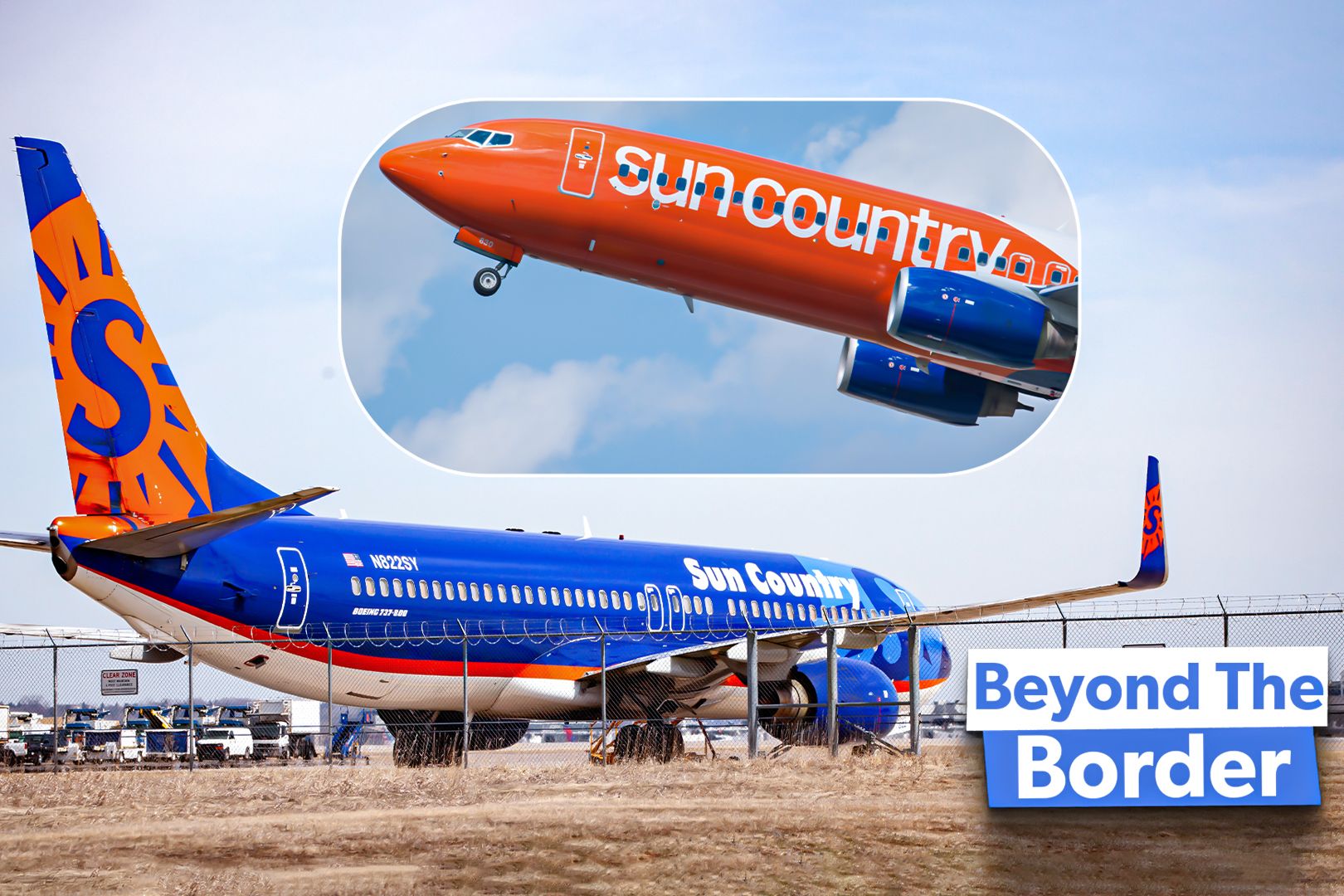
Related
Examined: Sun Country Airlines’ 4 International Routes From Minneapolis–St. Paul Airport
The airline will offer a total of more than 12,000 seats across the routes next month.
What happens when low-cost airlines lose their cost advantage?
When airlines that operate on low-cost models are no longer able to maintain a unit cost advantage, their value proposition to customers tends to deteriorate. As they are forced to start charging higher fares, full-service airlines will be able to enter the market to match their offerings. Now, airlines like United are offering basic economy tickets for prices not too different from those offered by Spirit or Frontier. Passengers who would never fly a low-cost airline at the same price as their favorite legacy carrier thus have a natural choice.
Photo: Nadezda Murmakova | Shutterstock
So what does this all mean for budget airlines?
For budget airlines, this deteriorating cost advantage and increased competition have had a major impact on financial performance, according to Business Traveler. Margins for low-cost airlines have eroded, forcing many to change how they do business and others to face investor scrutiny (as has been the case with Southwest Airlines, which has recently come under fire from activist hedge fund Elliott Management). Budget airlines will need to find a way to restore their structural cost advantage to compete with basic economy offerings from legacy airlines, otherwise, they will continue to see margins erode and load factors diminish.
